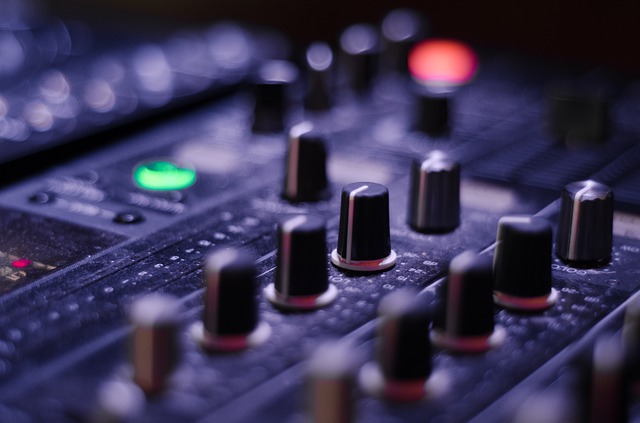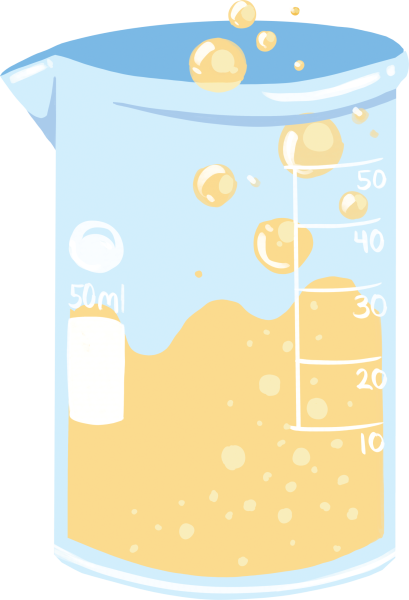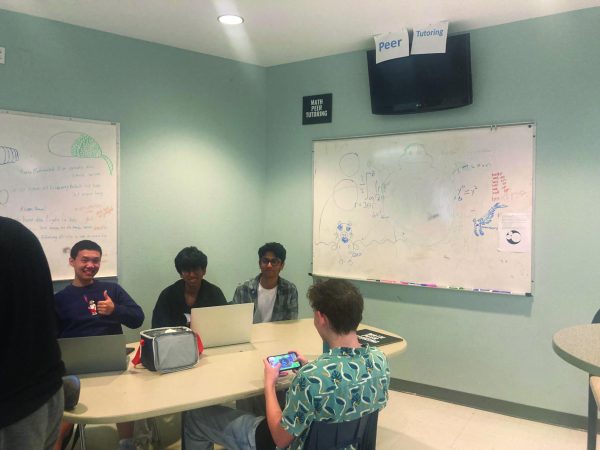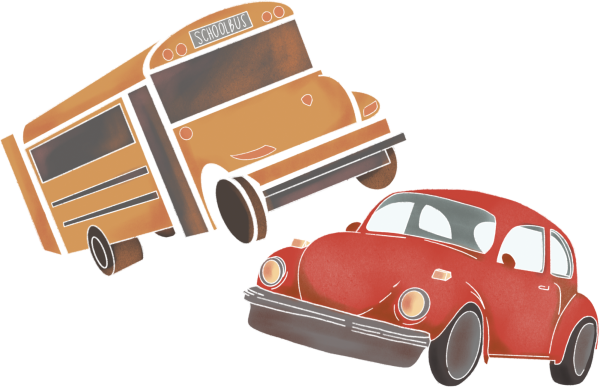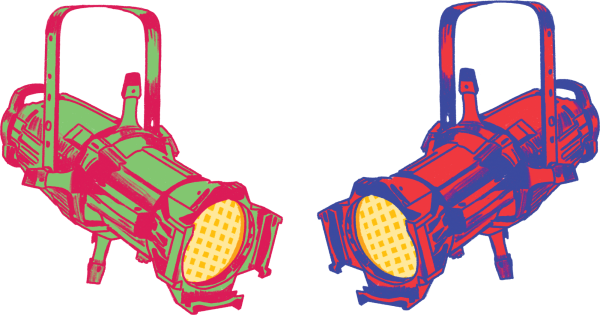LASA DJs Drop the Bass
May 29, 2018
DJs and producers may seem to only sit in silence with headphones on, nodding to an unknown beat and tapping buttons, but underneath all the equipment lies a complex world of layered of beats, instruments, vocals, and harmonies. DJs and producers at LASA channel their inner creativity through music in its many forms.
“I was first introduced to music production on the elective choice day at Kealing,” LASA freshman, Henry Chibib said. “They had a little station set up which showcased some music some students had made. During that 6th grade year, I really fell in love with it so I decided to take the class again and again the next year.”
For many students interested in music production or DJing, starting out can be intimidating because of equipment costs and the wide array of possibilities. LASA sophomore and music producer Oscar Dillon said that first tries are not indicative of a song’s potential.
“Everyone starts somewhere, so even if your first track is extremely simple and has one melody, you can always get better,” Dillon said. “If you hear your track and it doesn’t have rhythm or a vibe that goes with it, it’s just a first attempt and you can always get better.”
According to Chibib, a benefit of producing music is that it can be done by virtually anyone with a passion for what they do.
“I think pretty much anyone can make any type of music if they’re willing to put a lot of effort into it,” Chibib said. “All equipment does is save you time and work. Although [equipment] can help you with many steps along the way, the same things can be done with a simple mouse and keyboard.”
There are many common misconceptions associated with the art of DJing and producing music. LASA sophomore and founder of Music Production Club, Patrick Connor said that most of these perceptions do not hold true.
“A lot of people think that [DJing and producing] is no work, that it’s inauthentic, that it’s kind of cheating because you’re not playing an instrument that you have to learn,” Connor said. “But there’s actually a lot of work and study that you have to do in order to become good.”
At LASA, the interest in DJing and music production has united a supportive community of those who create and appreciate music.
“So far, LASA has seemed like a great musical environment,” Chibib said. “There are many other people I’ve met that share the same passion with me. I really look forward to meeting with other producers every couple of lunches or so and make music with them.”
However, pursuing music is not always an easy path to follow according to Connor and Dillon. Although there is interest from some, both have faced negative feedback and criticism from peers.
“Normally I get made fun of but I don’t really care, that would be the immediate reaction,” Connor said. “I guess some people ask me more about it, but that’s mainly the people who are interested in that field from the beginning.”
At the end of the day, Dillon said that music should not be forced and should come from a place of true inspiration.
“If you have an idea for a piece of music, then you should go with it, but don’t try and force yourself to write music,” Dillon said, “ I can go a week and record 20 songs, but if I don’t record a song for a month I’m not going to force myself to.”
Even with the challenges that come with the process of doing what he loves and making music, Connor said that it is all worth it and he encourages others to pursue their interests in music.
“I would say just go for it, do what you can, and don’t be scared by the amount
of competition that’s out there, there are tons of resources around.” Connor said, “If you’re at LASA, join the LASA music production club.”

